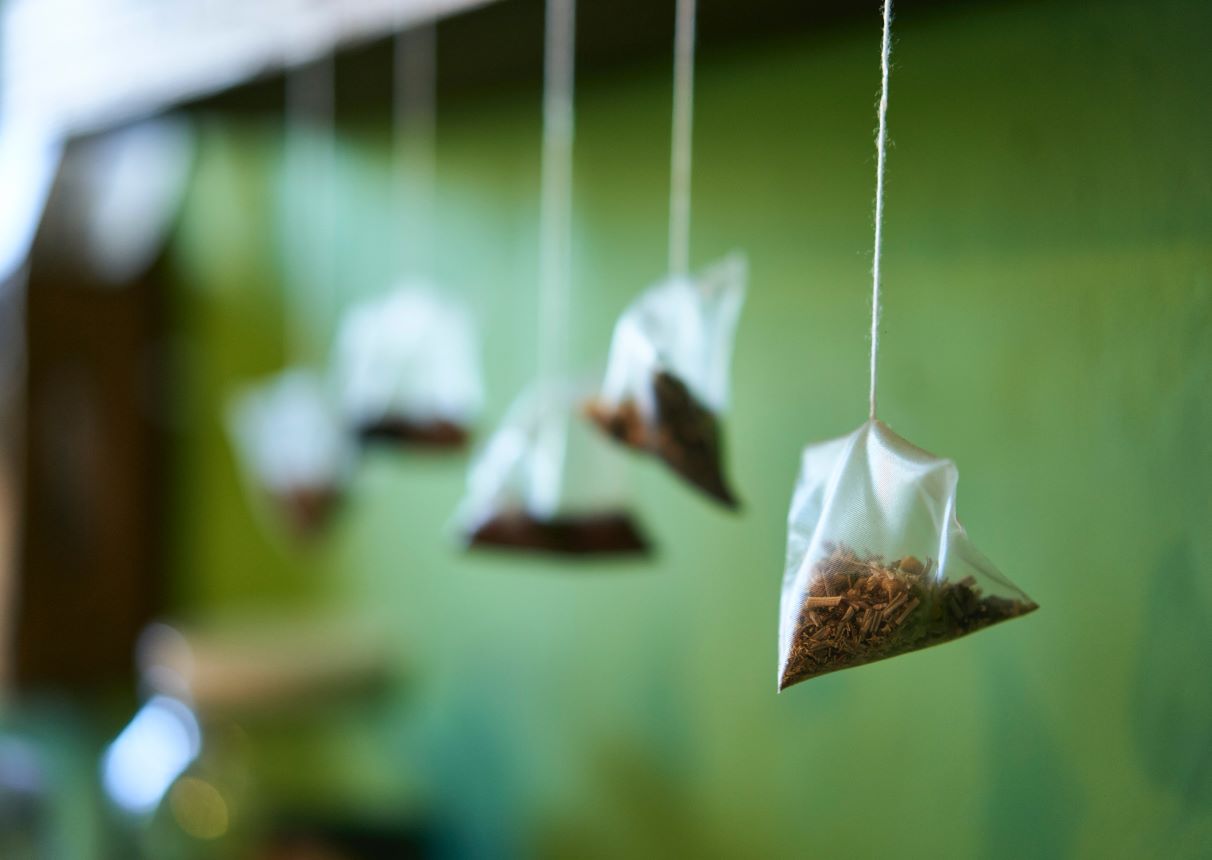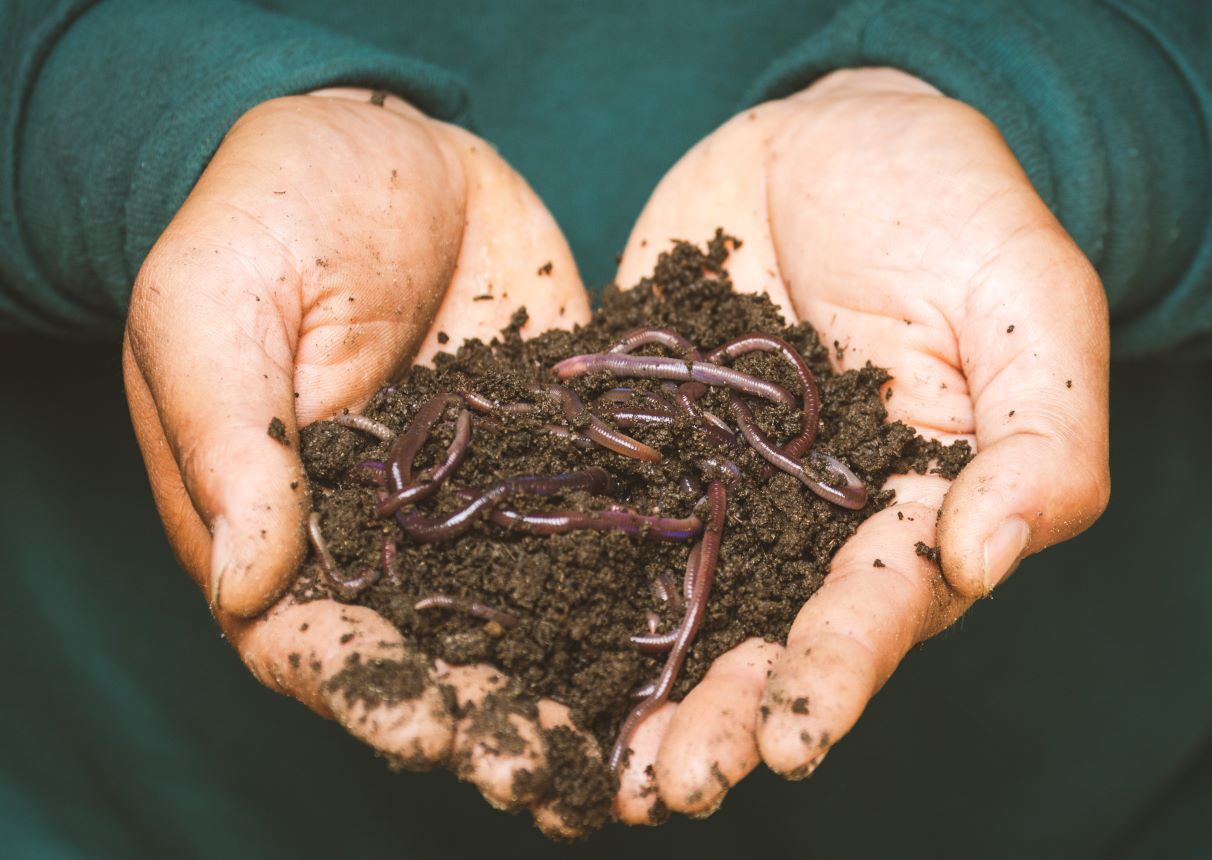Start with conscious shopping
The first step in reducing plastic use is to be mindful of our shopping habits. How we spend our money sends a strong message to big companies about what matters, and encourages more brands to offer eco-friendly alternatives to everyday products.
Choose products with minimal or no plastic packaging whenever possible, and opt for loose fruits and vegetables instead of pre-packaged ones.
Bring your own reusable bags to the supermarket or farmers' market, and consider bulk shopping for items like grains, nuts, and spices using your own reusable containers or cloth bags.
Tea bags - a staple in many households - may appear harmless, but many commercially available tea bags contain a thin layer of plastic to help seal and maintaining their shape. A great way to reduce your plastic use is to opt for loose-leaf tea, or look for brands that use biodegradable or plastic-free tea bag alternatives. You can also consider using a tea infuser or reusable tea strainer for an eco-friendly brewing experience.


